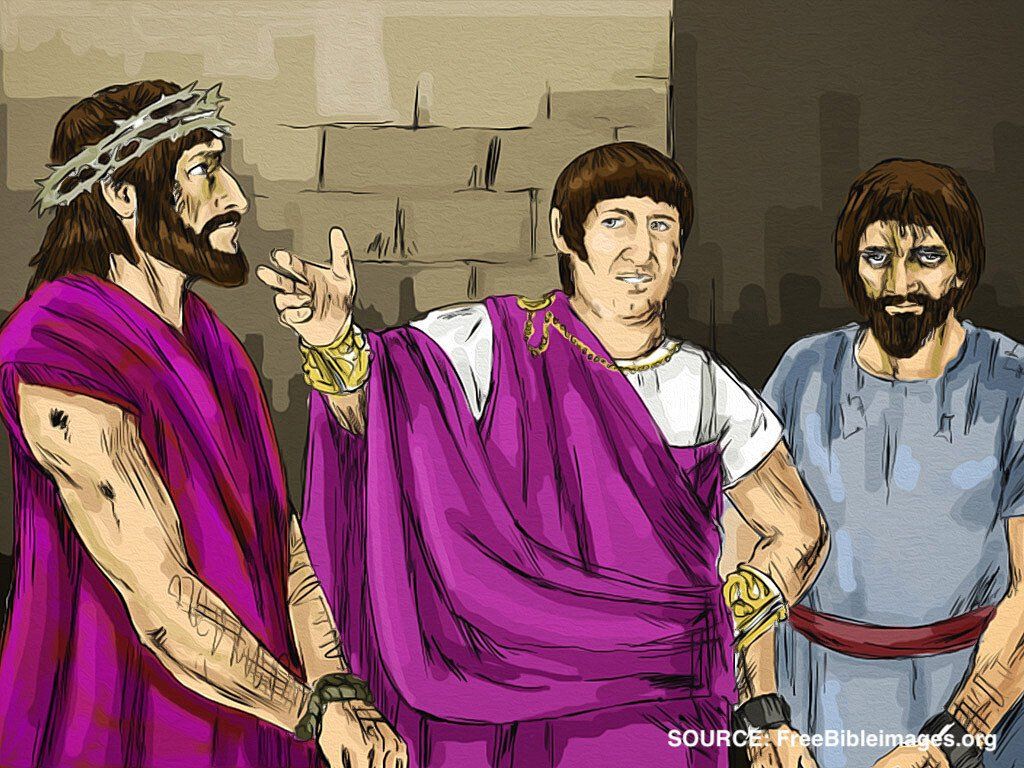Defeating Power and Control
A Serving Leadership Insight from the Life of Jesus Christ (Mark 15:6-15)
“‘Do you want me to release to you the king of the Jews?' asked Pilate, knowing it was out of self-interest that the chief priests had handed Jesus over to him. But the chief priests stirred up the crowd to have Pilate release Barabbas instead.” (See Mark 15:6-15 for full text)
In Mark 15:6–15, Pilate capitulated to fear by releasing a revolutionary named Barabbas and handing Jesus over to the crowds to be crucified. Pilate clearly saw that the religious leaders were motivated by bitterness and envy. He therefore sought the crowds' favor in overturning their evil aspirations. They were one step ahead of him, however, and had stirred up the crowds against Jesus, persuading them to seek Barabbas's release. Incidentally, the religious leaders chose one who truly represented their idea of kingdom, one who already had attempted to overthrow Rome through violent means. It was the ultimate rejection of Jesus' leadership paradigm, where power and control are defeated by love and service. Ironically, Pilate released Rome's greatest threat and condemned to death its best hope to satisfy the crowd and spare himself further trouble. Jesus ultimately destroyed both bitterness and fear by renouncing self-interest.
KEY QUESTIONS: When has bitterness or envy motivated me to make a poor decision? Is my default toward power and control or toward love and service? How might I effectively renounce self-interest and begin operating with an others-oriented mindset?















